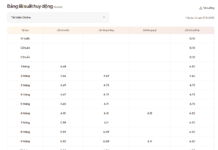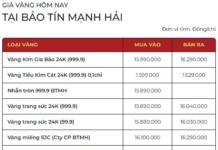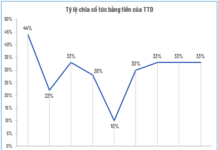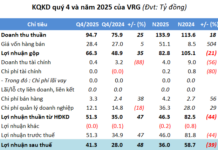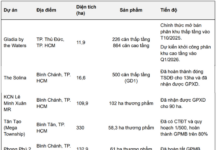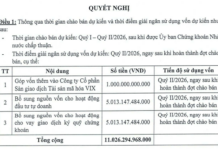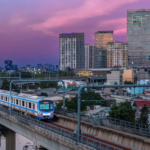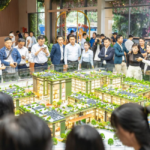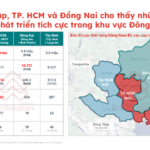The revised report on the Metro Line 2 project, spanning from Bến Thành to Tham Lương, was submitted by the Urban Railway Management Board (MAUR) to the Ho Chi Minh City People’s Committee and the Department of Construction. Previously, the city agreed to shift the project’s funding from ODA loans to the Ho Chi Minh City budget.
Alongside the funding transition, MAUR proposed adjustments to the line’s scale, including adding a connection to Metro Line 1 at Bến Thành Station (former District 1) and expanding facilities within the Tham Lương Depot (former District 12). This plan aims to ensure seamless integration with Metro Line 6, which is expected to link Tan Son Nhat Airport with Long Thanh and other future urban rail lines.
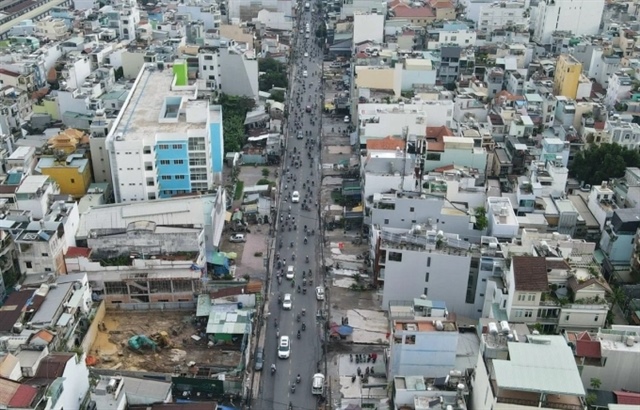 Facade of buildings along Cách Mạng Tháng Tám Street, former Tan Binh District, now set back after land clearance for Metro Line 2. Photo: Giang Anh |
Under the new plan, the Bến Thành – Tham Lương Metro will span 11.269 km, an increase of over 200 meters from the original design. It includes 9.255 km of underground tracks, with the remainder elevated and leading to the depot. The line features 10 underground stations (including Bến Thành), one elevated station, and one depot.
The project’s technology and train fleet have been updated to meet new demands. Passenger flow projections have been revised upward, with peak-hour demand expected to reach over 11,800 passengers per hour per direction by 2030, over 28,500 by 2040, and more than 40,500 by 2060. The initial fleet will consist of 14 three-car trains, increasing to 16 and eventually 22 six-car trains.
The power supply system has been redesigned from a third rail to an overhead catenary system, similar to Metro Line 1, to enhance safety. The new design incorporates regenerative braking technology to recover energy and reduce electricity consumption.
The updated total cost includes: 5,096 billion VND for land compensation and clearance, over 28,800 billion VND for construction and equipment, and the remainder for consulting, contingencies, taxes, and project management.
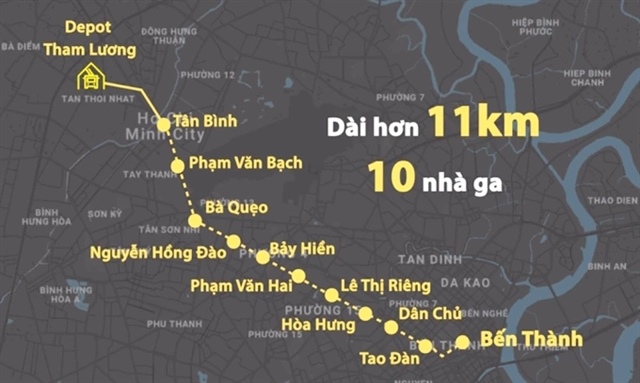
Route of Metro Line 2. Graphic: Thanh Huyền |
Approved in 2010, the Bến Thành – Tham Lương Metro was envisioned as a high-capacity transport axis connecting the city center to the northwestern gateway. However, the project has faced repeated delays due to funding issues, procedural hurdles, and land acquisition challenges, preventing construction from commencing to date.
According to the plan, the line will break ground on January 15, 2026, and is slated for completion by 2030. This project marks the first in Ho Chi Minh City to apply special mechanisms under National Assembly Resolution 188 to accelerate progress.
Giang Anh
– 00:00 18/11/2025
Free Health Insurance for Students and Seniors Over 65 in Ho Chi Minh City
At its 5th session on November 14th, the Ho Chi Minh City People’s Council passed a resolution outlining financial support for health insurance premiums for both seniors and students residing in the city. This initiative allocates nearly 2 trillion VND to provide free health insurance coverage for over 2 million students and more than 530,000 individuals aged 65 and above.
Unlocking Homeownership: How Young Buyers Are Gaining an Edge in the Year-End Market
Many young individuals are now able to purchase homes with the support of their parents, grandparents, or by taking advantage of developer incentives and favorable financial policies. These opportunities empower them to make the decision to invest in property sooner rather than waiting to accumulate sufficient savings.






